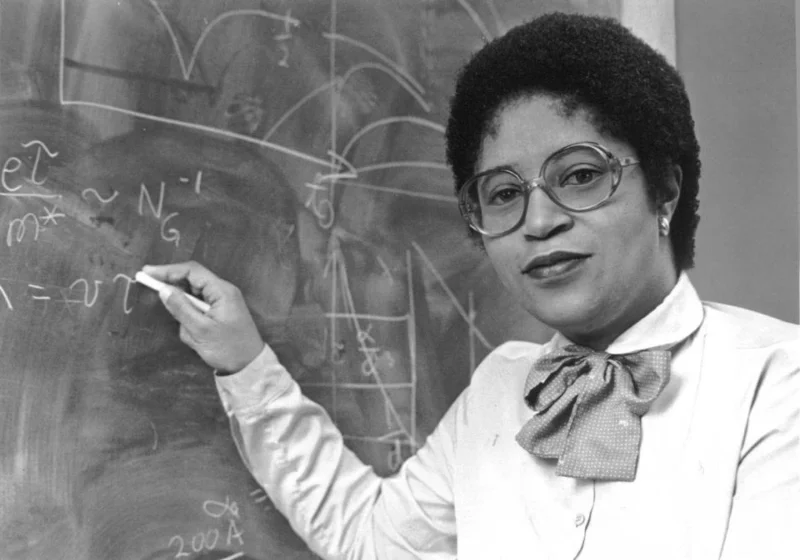Short Summary
Carl Friedrich Gauss was a pioneering German mathematician and scientist, celebrated for his profound contributions to various fields such as number theory, statistics, analysis, differential geometry, geophysics, electrostatics, astronomy, and optics. His work laid foundational principles in many areas of mathematics and science, earning him the title "Prince of Mathematicians." Gauss's innovative methods and theories have had a lasting impact, and his legacy continues to influence modern scientific and mathematical research.
Early Life & Education
Born on April 30, 1777, in Brunswick, Germany, Carl Friedrich Gauss was the only child of poor parents. His extraordinary talent for mathematics became evident at a young age. By the age of three, he had reportedly corrected a mathematical error made by his father. Gauss's early education was supported by his mother and his uncle, who recognized his potential. He attended the Collegium Carolinum from 1792 to 1795 and later the University of Göttingen, where he was influenced by distinguished scholars. His education was marked by rigorous self-study and a passion for mathematics, setting the stage for his future achievements.
Career Highlights
Gauss's career was distinguished by numerous groundbreaking contributions. In 1796, at the age of 19, he constructed a regular 17-sided polygon using only a ruler and compass, a feat previously thought impossible. He published his magnum opus, "Disquisitiones Arithmeticae," in 1801, which established him as a leading figure in number theory. Gauss later took a position as the Director of the Observatory at the University of Göttingen, where he made significant contributions to astronomy. His work in geodesy, magnetism, and potential theory further solidified his reputation as a preeminent scientist.
Major Achievements
- Developed the method of least squares, a fundamental technique in statistics and data analysis.
- Formulated Gauss's law, a key principle in electrostatics and electromagnetism.
- Made pioneering contributions to number theory with "Disquisitiones Arithmeticae."
- Advanced the field of astronomy through his work on orbital mechanics.
- Contributed to geodesy with the development of the heliotrope, an instrument for measuring angles.
Famous Quotes
- "Mathematics is the queen of the sciences."
- "It is not knowledge, but the act of learning, not possession but the act of getting there, which grants the greatest enjoyment."
Interesting Facts
- Gauss was a child prodigy and calculated the sum of the numbers from 1 to 100 in seconds.
- He completed his first book on number theory at the age of 21.
- Gauss was deeply interested in astronomy and predicted the orbit of the dwarf planet Ceres.
- He was known for his reluctance to publish incomplete or imperfect work.
- Gauss's image appeared on the German ten-mark banknote.
Legacy / Influence
Carl Friedrich Gauss's legacy is immense, spanning multiple disciplines in mathematics and science. His methods and theories continue to underpin modern research and applications in fields such as statistics, physics, and engineering. Gauss's influence extends beyond mathematics, as his work in electrostatics and astronomy paved the way for future discoveries. His contributions to education and scientific methodology have cemented his status as one of history's greatest mathematicians.
FAQ
Q: Why is Carl Friedrich Gauss famous?
A: He is famous for his groundbreaking work in mathematics, particularly number theory, and his contributions to fields like statistics, astronomy, and physics.
Q: What is Gauss's law?
A: Gauss's law is a key principle in electromagnetism that relates the distribution of electric charge to the resulting electric field.
Q: Did Gauss have any other interests besides mathematics?
A: Yes, Gauss was deeply interested in astronomy and made significant contributions to this field.












